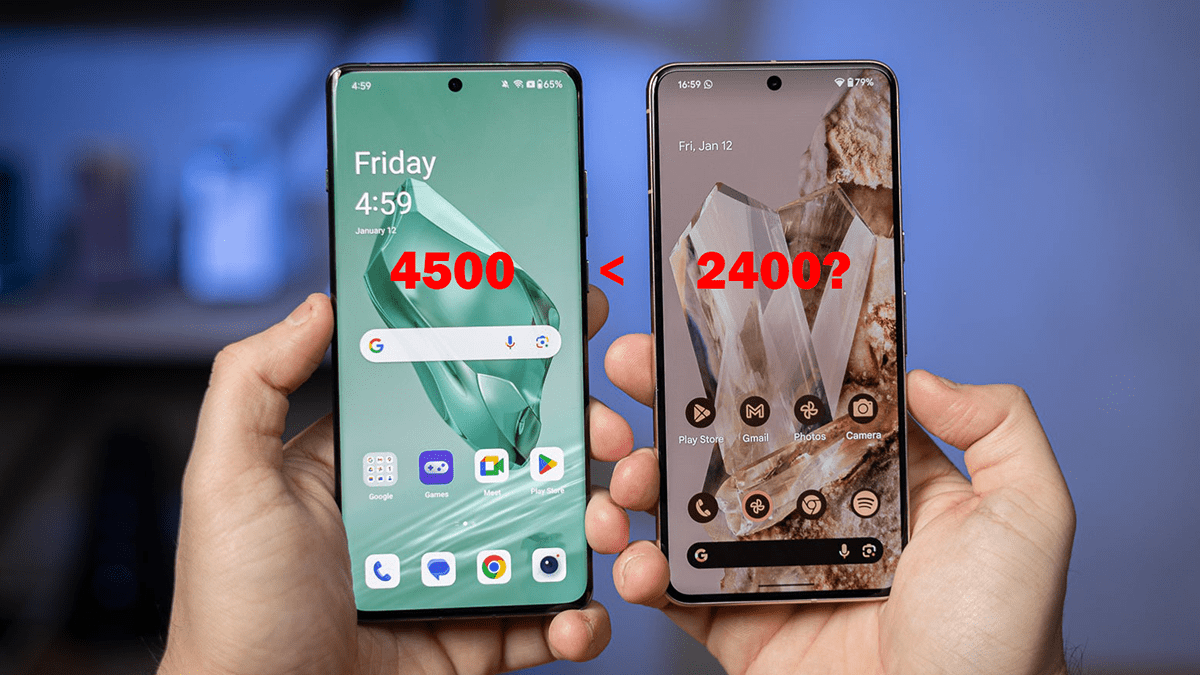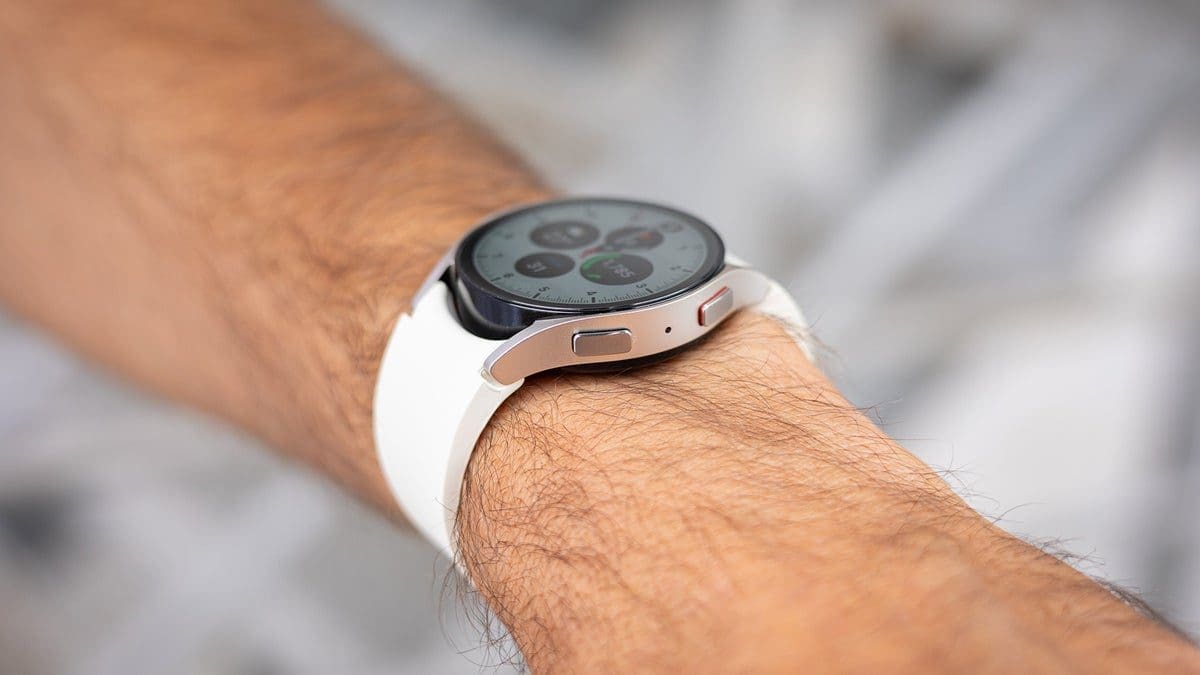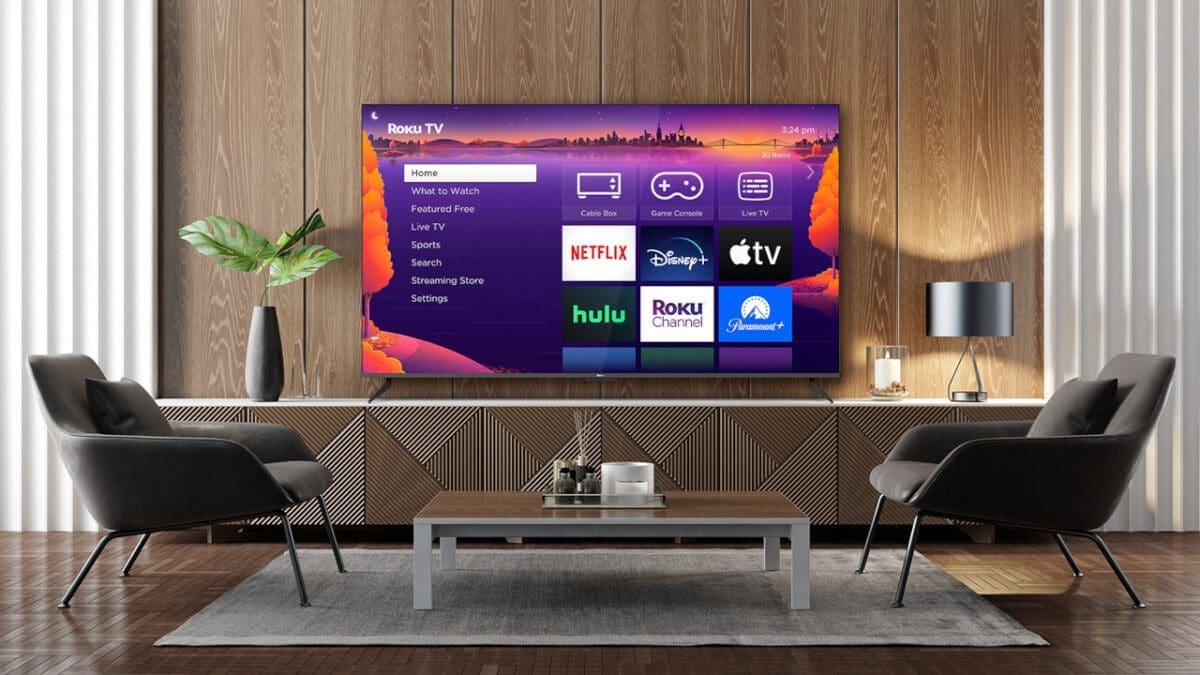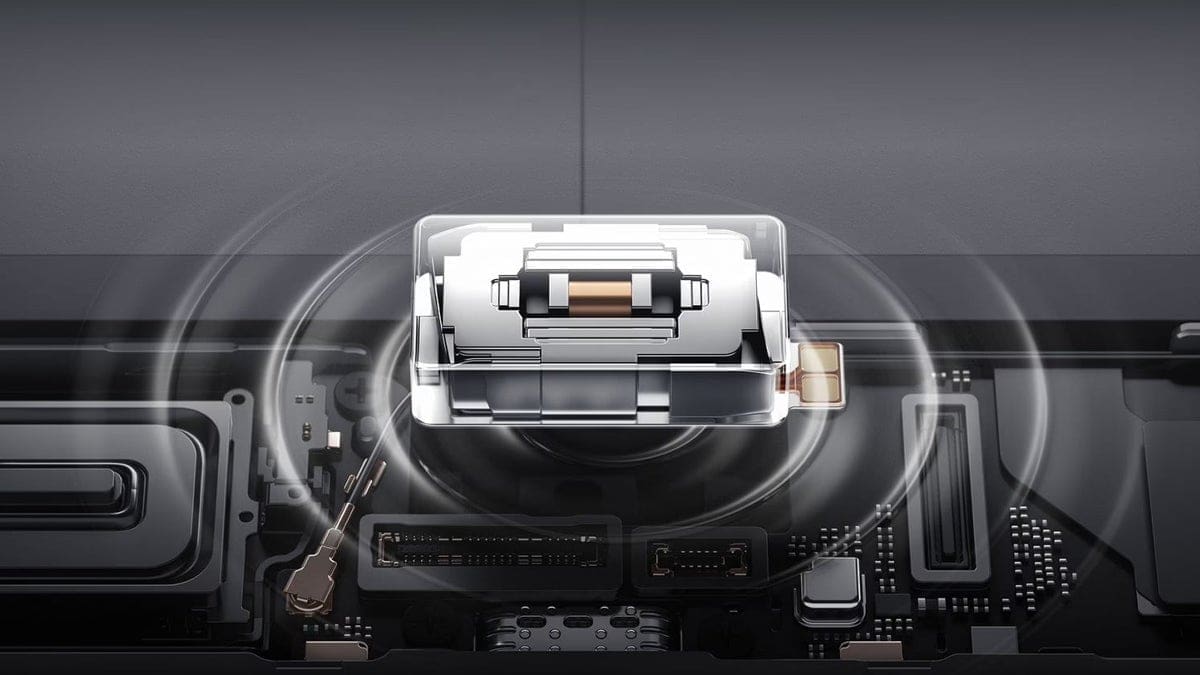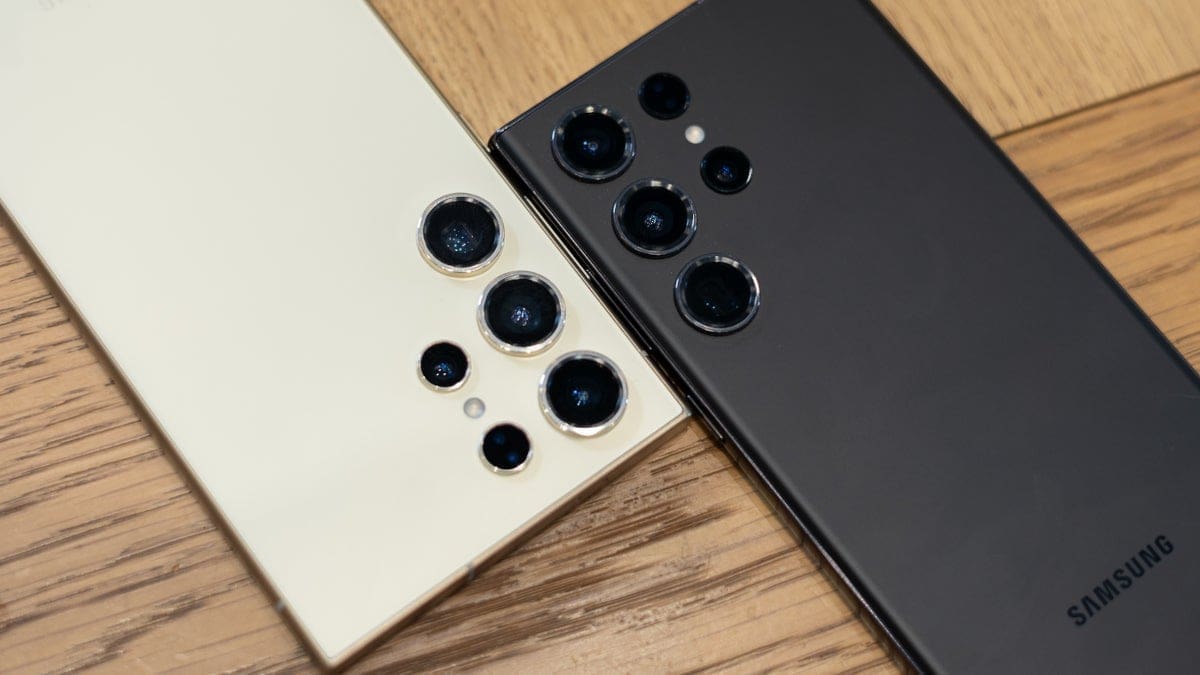The peak brightness wars are heating up, and it is likely shaping up to be the new battleground for flagship phone specs. The trend seems to have been started by the BBK Electronics holding umbrella, which includes brands like Oppo, vivo, Realme, iQOO, and OnePlus with PixelWorks. This group is introducing phones with 4500 nits of peak brightness, forcing others to up their display game.
The Oppo/OnePlus tag team is leading the charge with the 4500-nit phone displays and is bringing the battle to Samsung and others. Samsung, which has traditionally had a near-monopoly over OLED displays, is now facing stiff competition from local OLED display company BOE, which is supplying high-end phone screens to Chinese phone makers with specs that can rival or beat Samsung’s displays.
These panels, developed in cooperation with BOE, use the latest and most advanced LTPO 4.0 technology, offering higher peak brightness levels, more granular refresh rates, near perfect wide gamut coverage, and HDR performance, as well as eye-preserving PWM frequencies and restricted blue light emissions.
The OnePlus 12’s custom BOE display boasts 18 new records on DisplayMate’s rankings, including the highest full screen and peak display brightness, a remarkable feat. Although the panel’s peak brightness was initially measured at 4500 nits, third-party measuring equipment registers a peak brightness of 2675 nits. This discrepancy underscores the importance of rigorous testing. Nonetheless, higher peak brightness translates to better outdoor visibility and is now a mark of a high-quality modern LTPO panel.
In conclusion, the battle for peak brightness is an important development in the world of phone displays, a metric that provides insight into the quality and performance of modern panels. This trend is likely to continue as phone makers seek to differentiate their devices in a competitive market.

